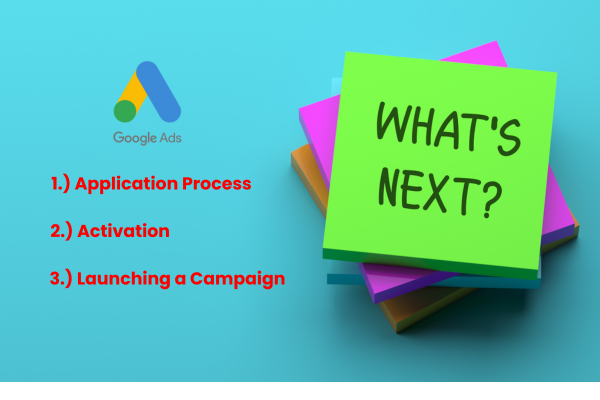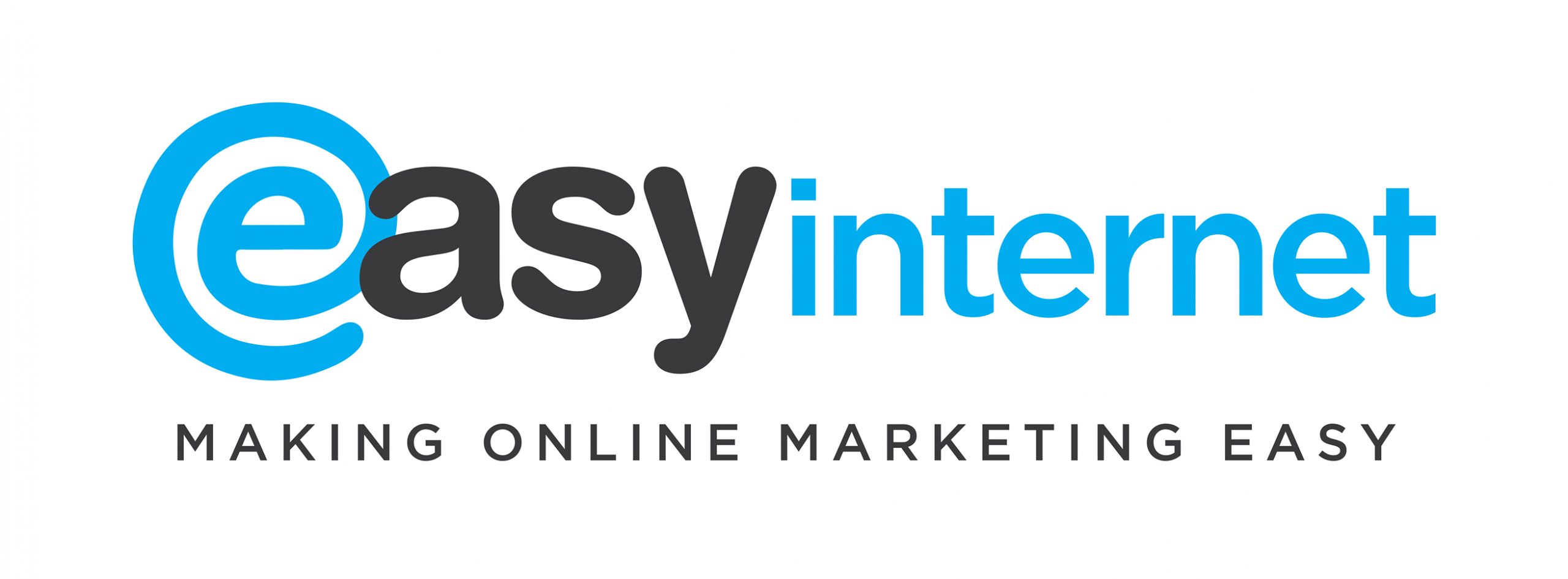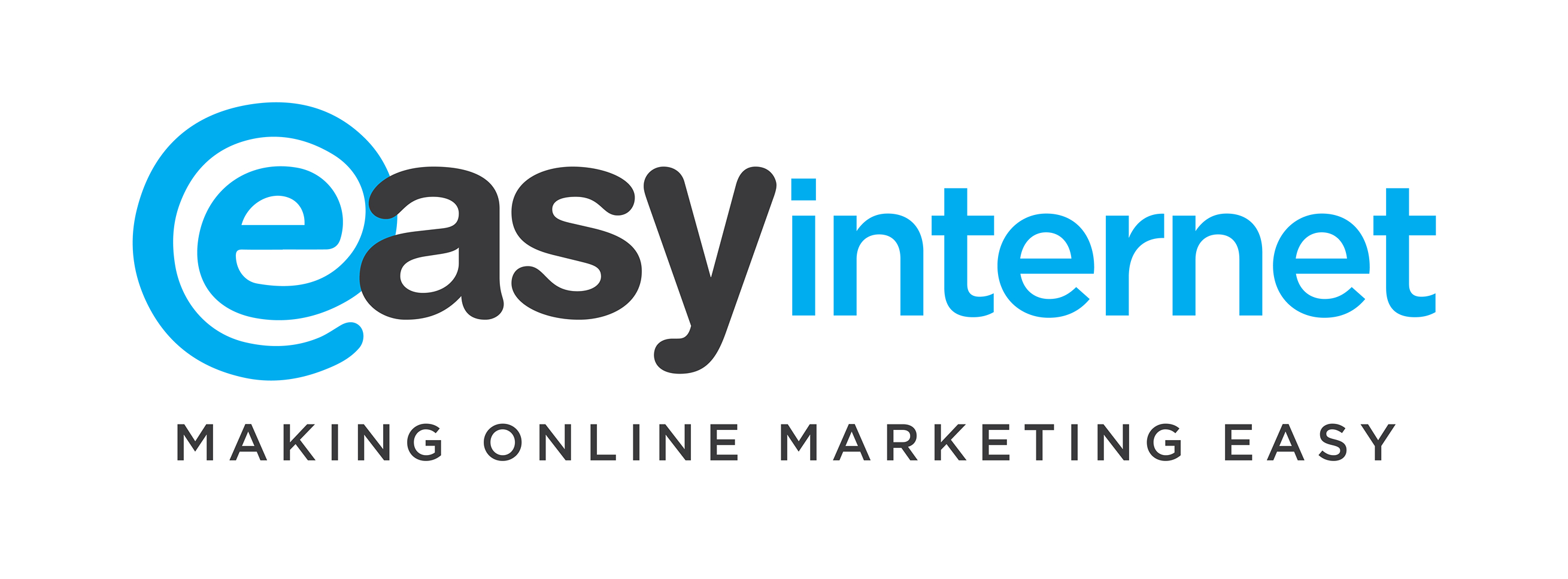Capturing a wider audience can be daunting.
For charities and nonprofits, the stakes are even higher.
One of the most effective tools at their disposal is Pay-Per-Click (PPC) advertising, specifically tailored for the charity sector. This article delves deep into the world of charity PPC, its significance, and how organisations can leverage it to make a difference.
What is Charity PPC?
Charity PPC is a form of digital advertising where nonprofit organisations pay a fee each time their advertisement is clicked. Unlike traditional advertising, where fees are paid based on impressions, PPC ensures that charities only pay when an interested party interacts with their ad. This model offers a cost-effective way for charities to drive traffic to their websites, raise awareness, and increase donations.
The Power of Google Ad Grants
Harnessing the potential of digital platforms, Google Ad Grants stands as a beacon of hope for charities across the UK and worldwide. This programme, a testament to Google’s commitment to supporting the invaluable work of nonprofits, offers a lifeline to eligible charities. With up to $10,000 or £8,000 per month in free advertising spend on Google’s Search Network, charities have a unique opportunity to amplify their voice, promote their cause, and drive meaningful engagement.

Steps to Unlock the Potential of Google Ad Grants
Here are the essential steps to fully harness the capabilities of Google Ad Grants for your charity:
1.) Application Process
The journey begins with applying for Google for Nonprofits. Once an organisation’s eligibility is verified, they can activate the Google Ad Grants. It’s imperative that the organisation holds a valid charity status in their respective country. Google has provided a step-by-step video to guide charities through the application process, ensuring clarity and ease.
2.) Activation
The activation process requires consistency in login details. Charities must use the same login email for both their Google for Nonprofits and Ad Grants accounts. After signing in to Google for Nonprofits, charities can navigate to ‘Active products’, click ‘Get started’ under Google Ad Grants, and complete the assessment by accessing the eligibility form link. Following this, they can click ‘Activate’ to submit their organisation for review.
3.) Launching a Campaign
Upon approval of the activation request and acceptance of the email invitation to the Ad Grants account, charities can embark on setting up their inaugural campaign. Google offers a comprehensive step-by-step video series to assist charities in planning, building, and launching their first digital marketing campaign with Google Ad Grants.
Maximising Impact with Charity PPC
Here are the essential steps to fully harness the capabilities of Google Ad Grants for your charity:
•Strategic Keyword Selection
Selecting the right keywords is the foundation of any successful PPC campaign. For charities, this means identifying terms that align with their mission, values, and the interests of potential supporters. Google’s Keyword Planner is an invaluable tool in this process, allowing charities to uncover high-volume keywords that are both relevant and likely to drive engagement. Targeting the right keywords ensures that charities position their ads in front of individuals genuinely interested in their cause. This strategic approach maximises the potential for meaningful interactions and support.
•Engaging Copy
The power of words cannot be underestimated, especially in the realm of digital advertising. An ad’s copy is its voice, and for charities, it’s crucial that this voice resonates with audiences. The copy should be both compelling and concise, cutting through the digital noise to deliver a clear and impactful message. More than just information, it should evoke emotion, painting a picture of the change a donor can bring about. A well-crafted call-to-action can be the final nudge, encouraging users to click, engage, and ultimately, support the charity’s mission.
•Optimised Landing Pages
The journey doesn’t end with a click. Once a user interacts with an ad, the landing page they’re directed to plays a pivotal role in converting that interest into action. Charities must ensure that these pages are optimised for conversions. This means clear messaging, easy navigation, and a seamless user experience. Whether the goal is to encourage newsletter sign-ups, solicit donations, or promote event attendance, the landing page should be designed with this end-goal in mind, guiding users towards the desired action with minimal friction.
•Regular Monitoring and Optimisation
The digital landscape is ever-evolving, and what works today might not be as effective tomorrow. As such, charity PPC campaigns demand regular monitoring and fine-tuning. This involves a deep dive into metrics like click-through rates, conversion rates, and overall return on investment. Analysing key insights allows charities to pinpoint areas of improvement and make essential adjustments to keywords, ad copy, or targeting parameters. Through continuous optimisation, campaigns maintain their effectiveness, ensuring optimal results for the charity.
•Utilise Remarketing
Not every interaction results in immediate action. However, this doesn’t mean the opportunity is lost. Remarketing is a powerful strategy that allows charities to re-engage with individuals who have previously interacted with their website or ads. Displaying tailored ads to these users enables charities to reignite their interest, reminding them of the mission and encouraging desired actions. Whether it’s donating, volunteering, or just learning more about the cause, remarketing keeps potential supporters engaged and closely connected to the charity’s purpose.
PPC Training and Specialisation
Navigating the complexities of charity PPC, especially when adhering to platform-specific guidelines like those of Google Ad Grants, can be challenging for many charities. While understanding the intricacies of PPC campaigns, from keyword selection to bid strategies, is crucial, not every charity has the resources or time to delve deep. That’s where external expertise comes in. Charity marketing agencies like Easy Internet Services offer specialised services to manage and optimise charity PPC campaigns. By partnering with such experts, charities can pass on the heavy lifting and ensure their digital campaigns are in capable hands, maximising their online impact.
Final Thoughts
Charity PPC is more than just a digital marketing strategy; it’s a powerful tool that can drive significant impact for nonprofit organisations. Leveraging platforms like Google Ad Grants allows charities to tap into vast audiences without straining their budgets. Success hinges on a well-thought-out strategy, consistent optimisation, and a nuanced understanding of PPC dynamics. With adept strategies, charities can make every click impactful, bolstering awareness, engagement, and most importantly, garnering support for their vital endeavours.




